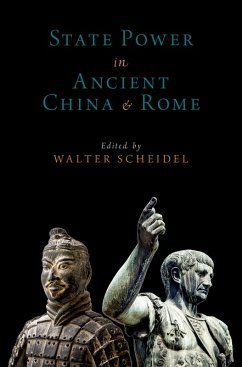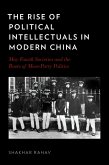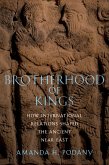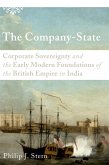Two thousand years ago, the Qin/Han and Roman empires were the largest political entities of the ancient world, developing simultaneously yet independently at opposite ends of Eurasia. Although their territories constituted only a small percentage of the global land mass, these two Eurasian polities controlled up to half of the world population and endured longer than most pre-modern imperial states. Similarly, their eventual collapse occurred during the same time. The parallel nature of the Qin/Han and Roman empires has rarely been studied comparatively. Yet here is a collection of pioneering case studies, compiled by Walter Scheidel, that sheds new light on the prominent aspects of imperial state formation. This essential new volume builds on the foundation of Scheidel's Rome and China (2009), and opens up a comparative dialogue among distinguished scholars. They provide unique insights into the complexities of imperial rule, including the relationship between rulers and elite groups, the funding of state agents, the determinants of urban development, and the rise of bureaucracies. By bringing together experts in each civilization, State Power in Ancient China and Rome provides a unique forum to explore social evolution, helping us further understand government and power relations in the ancient world.
Dieser Download kann aus rechtlichen Gründen nur mit Rechnungsadresse in A, B, BG, CY, CZ, D, DK, EW, E, FIN, F, GR, HR, H, IRL, I, LT, L, LR, M, NL, PL, P, R, S, SLO, SK ausgeliefert werden.









